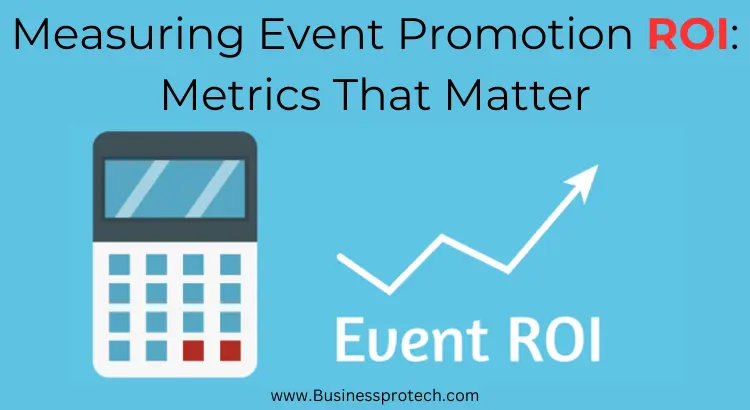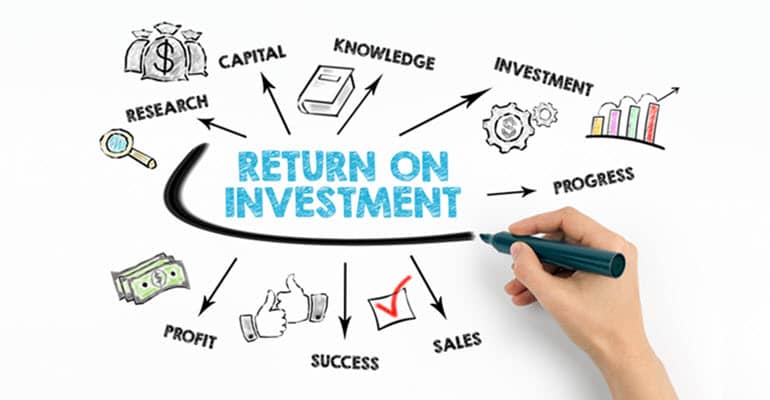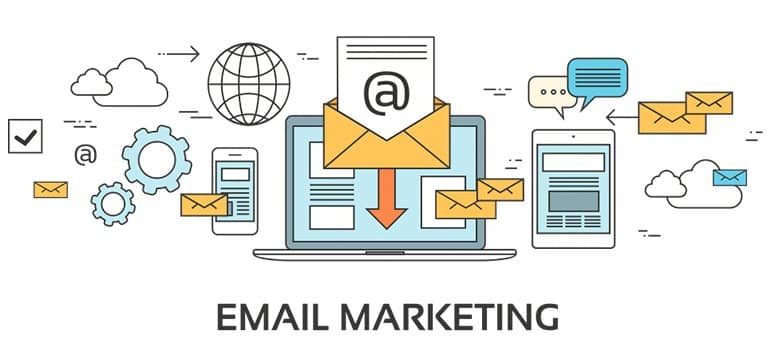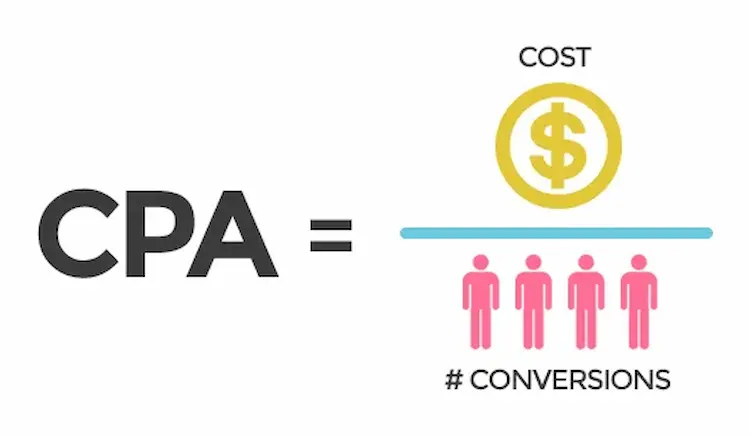In the world of event promotion, success is not merely about hosting a remarkable event; it’s also about ensuring that your promotional efforts yield a substantial return on investment (ROI).
Promoting your event effectively can significantly impact the ROI. Evaluating the Return on Investment (ROI) of event promotion is vital for event organizers and marketers. This assessment enables them to grasp the efficiency of their strategies and empowers them to make informed, data-driven choices for upcoming events.
This article explores metrics that matter so that you can promote your event wisely to maximize your returns.

Ticket Sales:
Tracking ticket sales remains one of the most straightforward methods for gauging the effectiveness of your event promotion efforts. The number of tickets sold and the revenue generated provide a precise measure of your event’s popularity and financial prosperity. Analyzing the relationship between your ticket sales and promotional expenditures allows for calculating your Return on Investment (ROI).

Attendance Rate:
While ticket sales give you an idea of revenue, the attendance rate is equally important. Only some people who buy a ticket can attend the event. Tracking the percentage of ticket holders who showed up will help you gauge the effectiveness of your promotion in enticing people to participate.
Social Media Engagement:
In today’s digital age, social media is a powerful tool for event promotion. Monitoring metrics such as likes, shares, comments, and click-through rates on your event’s social media posts can help you assess the engagement levels of your target audience. High engagement indicates a strong interest in your event.
Website Traffic:
Examining website traffic can yield valuable insights when you maintain a dedicated event website or landing page. Keep a close eye on metrics such as unique visitor counts, page views, and bounce rates. A notable surge in website traffic, particularly from your desired demographic, serves as a positive indicator of successful promotion efforts.
Email Marketing Performance:
Email marketing remains an effective promotional channel for events. Evaluate metrics like open rates, click-through rates, and conversion rates from your event-related emails. A high conversion rate indicates that your email campaigns successfully drove registrations or ticket purchases.

Conversion Rate:
The conversion rate measures the percentage of people who take the desired action, such as signing up or buying tickets, after interacting with your promotion. A high conversion rate implies that your promotional efforts are convincing.
Social Media Advertising ROI:
If you invest in social media advertising for your event, keep a close eye on the ROI of these campaigns. Track the cost per click (CPC) and the return from each advertising dollar spent. Adjust your advertising strategy based on what’s delivering the best ROI.
Customer Surveys:
After the event, send out customer surveys to gather feedback. Ask attendees how they heard about the event and what motivated them to attend. This data can provide valuable insights into the most effective promotional channels and messaging.
Post-Event Sales and Follow-ups:
Event promotion shouldn’t stop when the event is over. Monitor post-event sales and follow-up interactions with attendees. Are they purchasing related products or services? Are they interested in future events? These post-event activities contribute to your overall ROI.
Cost Per Acquisition (CPA):
Calculating the CPA helps you understand how much it costs to acquire a single attendee or customer. Divide your total promotional expenses by the number of attendees to determine your CPA. Lowering your CPA while maintaining event quality is key to improving ROI.

Conclusion on Measuring Event Promotion ROI
In event promotion, measuring ROI is not an option; it’s a necessity. You can promote your event effectively by carefully tracking metrics such as ticket sales, attendance rate, social media engagement, website traffic, email marketing performance, conversion rate, social media advertising ROI, customer surveys, post-event sales, and CPA, and event organizers can gain valuable insights into the effectiveness of their promotional efforts.
This data-driven approach ensures that you can Promote your event efficiently and continue to refine your strategies for tremendous success.
These metrics allow for data-driven decision-making, enabling organizers to refine their strategies for future events and allocate resources more effectively. Remember, the key to success in event promotion is not just hosting a great event but also ensuring that your promotional efforts resonate with your target audience and yield a positive return on investment.
By focusing on the metrics that matter, you can optimize your event promotion and drive tremendous success in your endeavors.